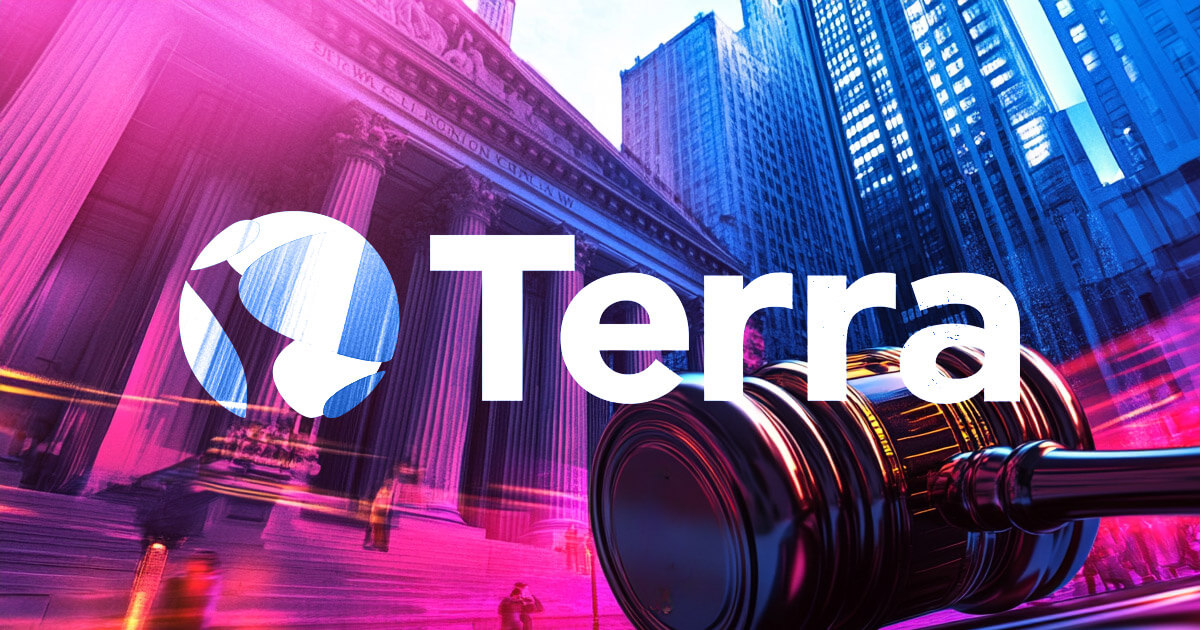Cryptocurrency has grown tremendously in recent years, driving demand for more secure and regulated trading platforms. However, several crypto exchanges, including Bitget, seem to be side-stepping regulatory requirements to tap into certain markets. By analyzing their strategies, we can shed light on the murky aspects of this landscape.
Bitget cryptocurrency exchange presently accessible via both app and desktop, appears to be making strides in the German market, despite current regulatory constraints. Their strategy seems straightforward enough: active marketing and language inclusion. By making their platform available in the German language, they create the illusion of accommodating a German audience. However, their actions tread a fine line, as the German Federal Financial Supervisory Authority (BaFin) stipulates that availability in the German language is tantamount to marketing, which then requires licensing.
Yet, it’s important to delve deeper into why Bitget can operate this way, while others, such as Bybit, have removed all German-specific content and switched to a strictly English interface. This situation raises the question of whether these exchanges are truly prioritizing the needs of their users or are merely exploiting regulatory loopholes for their benefit.
A Look at Bitget’s Approach: High-Stakes Marketing Amid Regulatory Roadblocks
Bitget’s active marketing is a well-established fact. From making appearances at events like ‘Crypto Rock Stars’ in Cologne to urging participants to use their platform, their strategy is aggressive. It is here that they adopt an almost cavalier attitude towards the BaFin regulation that prohibits them from directly targeting the German audience.
However, their direct marketing strategy is not merely against the rules; it’s also dangerous. In promising prospects a platform accessible in their native language without obtaining the necessary licenses, they risk breaching trust and leaving users vulnerable to financial losses.
Bitget’s aggressive marketing tactics during events like the one held in Cologne, despite not being licensed to cater to German audiences, also raise eyebrows. Their relentless promotion, however, brings us to the question – why hasn’t Bitget faced the same issues as Bybit, which was forced to strip down all German-centric content?
The Dark Side of Cryptocurrency Exchanges: Bybit’s Example
One cannot discuss Bitget’s activities without discussing Bybit’s regulatory issues. Initially, Bybit actively courted German traders, encouraging them to engage in high-risk trading. However, after being scrutinized by BaFIN, they adopted a more regulation-compliant approach. They stopped advertising and switched to an English interface, leaving their German partners in the lurch.
Bybit’s example is a harsh reminder that many cryptocurrency exchanges don’t play by the rules until forced to. Such businesses seem to treat their crypto communities and social communities with disregard, focusing solely on their immediate profits instead of considering the long-term implications of their actions on the broader ecosystem.
Bitget’s German Market Ambition: A Regulation Minefield
Bitget, a cryptocurrency exchange platform that addresses the German market, seems to be walking a tightrope concerning local regulations. Like other exchanges such as Binance, Bitget faces regulatory issues with Bafin, Germany’s federal financial supervisory authority. Yet, while they are not permitted to market to the German audience officially, Bitget circumvents this by attending events and encouraging potential users to join their platform.
Despite their active marketing tactics, these activities could potentially breach market rules, particularly as their services are already available in German – an act that, according to Bafin, constitutes marketing. This situation raises questions about why Bitget does not face the same issues as Bybit, which had to remove all German-specific features and operate in plain English.
It’s crucial to examine how other cryptocurrency exchanges, including MEXC and Bybit, have been reportedly mishandling their responsibilities. These platforms, while they offer enticing trading prospects, often do not abide by regulations and, in some instances, display a lack of commitment to their community, traders, and partners. This is exemplified by Bybit’s abrupt decision to discontinue their services, leaving their partners to deal with the consequences.
In this context, Bitget, too, must be scrutinized for their practices and their willingness to gamble with regulatory compliance. In an industry riddled with such examples, a solid foundation of trust and responsibility is crucial. The lack of these elements creates an environment rife with risk, unpredictability, and uncertainty.
The Unsettling Path of Bitget Cryptocurrency Exchange and Its Counterparts
Bitget’s unregulated operations and marketing tactics mirror other exchanges like Bybit and MEXC, all of which seem to ignore essential compliance rules. These platforms have capitalized on their standing in the crypto community, leveraging their influence over social communities. Despite these unsettling behaviors, these platforms often boast about their robust security funds, painting a false image of security and trust.
However, Bitget’s claim of a security fund for protecting user assets doesn’t seem to extend to their German clientele. They reassure investors that their funds are safe and regulated, but in reality, the safety net may only apply to a limited extent, restricted by the platform’s regulatory bounds.
The Questionable Leadership: Experience vs. Expertise
The leadership of Bitget further amplifies concerns. The spotlight falls on Jane Zhang, responsible as a Chinese student, living in munich, with less crypto experience and much language barriers responsible for the whole German DACH market and Gracy Chen a recent graduate and the star performer at international stages as well as Sandra Lou, founder behind the plattform. While their exuberance is commendable, their lack of experience and disregard for regulatory compliance, particularly about Germany, is worrying.
Gracy Chen
Zhang’s negative portrayal of Germany, following her unsuccessful bid to study there, could be indicative of her naïveté regarding the importance of regulatory compliance. This disregard is also visible in Chen’s public announcements about Bitget’s new programs, which have raised more questions than answers due to their cryptic nature.
Jane Zhang
Bitget’s security measures, as touted by their inexperienced leadership, are questionable at best. They claim to have a security fund in place to protect customer investments, yet they provide no clear proof of such a fund’s efficacy. Key figures like Jane Zhang and Gracy Chen, who regularly make grand claims about Bitget’s superiority and security, seem to gloss over the need for law and regulation compliance.
Sandra Lou
Moreover, the confusing leadership structure, involving Gracy Chen as their new CEO and the Toronto-based founder, Sandra Lao, adds another layer of ambiguity to the operation. The frequent rotation of roles and the consistent lack of regulatory alignment paints a disconcerting picture.
Bitget’s leadership frequently speaks about its security fund, with Chen particularly vocal about its effectiveness. However, if we draw comparisons to the German banking system, wherein deposits up to €100,000 are secured even if the bank declares bankruptcy, Bitget’s assurances seem hollow.
As Bitget isn’t regulated in Germany, a German user who loses money on the platform has little recourse, which severely contradicts Bitget’s claims of security. This mirrors the situation with Celsius, wherein users were made to take on risks unknowingly.
The Danger of False Security: A Look at the Implications
When consumers deposit money into a bank, they expect a degree of security and assurance. However, Bitget’s practice of reassuring customers about the safety of their funds without proper regulatory compliance amounts to a gross violation of trust. When an exchange is not compliant with local laws, users are left with little to no recourse if the exchange goes under. This false sense of security is not just misleading, but can also result in significant financial losses.
This problem isn’t unique to Bitget alone; other platforms like Celsius have employed similar tactics. Promising security without the backing of regulation isn’t just a risk – it’s a gamble with other people’s money.
Bitget’s Security Promises: An Illusion of Safety?
While Bitget, like other platforms, claims to ensure the safety of its customers’ funds through a security fund, there are reasons to question its effectiveness, especially for German customers. Although users are told their funds are secure, there seems to be a lack of clarification about what this actually means, particularly when Bitget is not compliant with German or European law.
The issue of fund security was underscored by Bitget’s representatives – Jane Zhang, a relatively inexperienced figure in the crypto world, and the young CEO Gracy Chen, both of whom often advocate for Bitget’s safety measures.
However, their public reassurances may fall flat when we consider that German users could potentially lose their investments if Bitget ceases operations, leaving users with little recourse due to the platform’s lack of regulatory compliance.
Bitget’s situation is reminiscent of Celsius’s past debacle, where funds were transferred to Celsius under the guise of a simple checkbox acceptance, without adequately explaining the risks involved. The safety of user funds is a paramount concern in the crypto industry, and exchanges must ensure they are clear and truthful about the protections they offer.
Conclusion: A Call for Decentralized Wallets
The activities of Bitget and other similar exchanges highlight a broader issue within the crypto landscape: the need for transparency, user protection, and regulatory compliance. These companies’ lack of regard for the rules not only jeopardizes the credibility of the entire cryptocurrency space but also puts users’ investments at significant risk.
Given this backdrop, it’s high time we advocate for decentralized wallets and push for stricter regulation in the sector. Until we have more robust and uniformly enforced rules, the crypto space will continue to be a haven for such unscrupulous practices. As we move forward, user protection and regulatory adherence must take center stage to ensure the sustainable growth of the cryptocurrency industry.
Recommended posts
You might also like
More from Cryptocurrency Exchanges
Credit: Source link















































